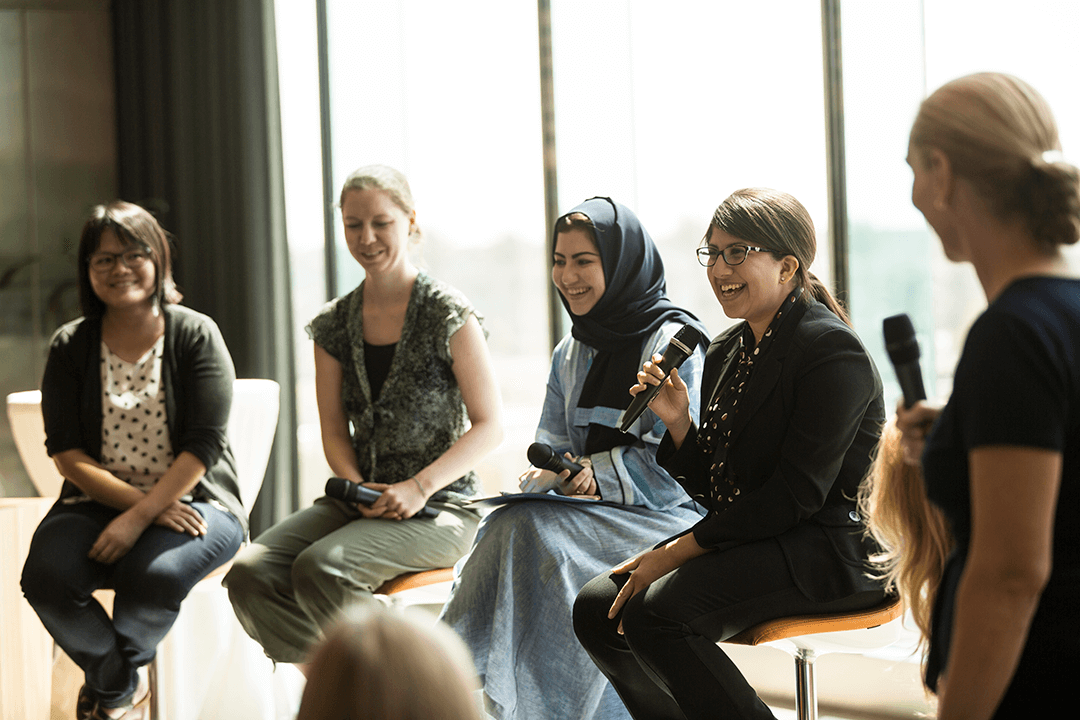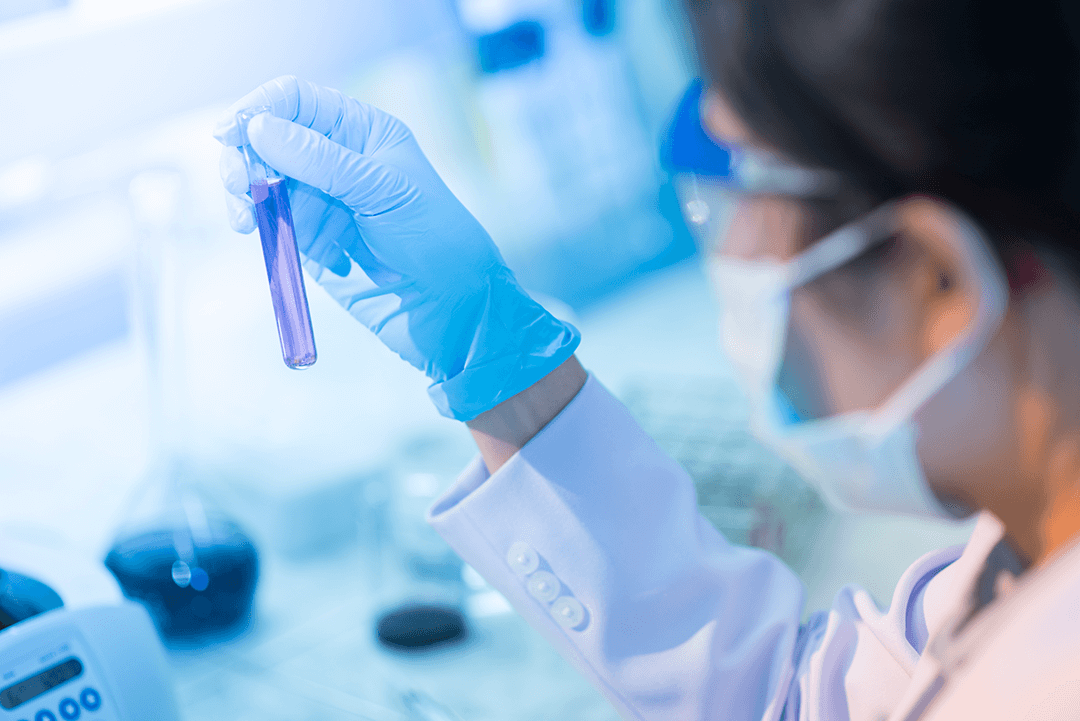KAUST Ph.D. student wins L'Oréal-UNESCO For Women in Science Fellowship

Asma Al-Amoodi, a KAUST Ph.D. student, recently received the 2019 L’Oréal-UNESCO For Women in Science Middle East Fellowship. Photo by Khulud Muath.
By A. Ortega, KAUST News
KAUST Ph.D. student Asma Al-Amoodi recently won the 2019 L'Oréal-UNESCO For Women in Science Middle East Fellowship.
The fellowship is part of UNESCO and the L'Oréal Foundation's global program for the promotion of women in science, and it highlights the outstanding contributions of female researchers in the progress of science.
Al-Amoodi received the fellowship for her contribution to "enhancing the use of certain stem cells for the treatment of hematological diseases like leukemia," L'Oréal-UNESCO stated. As part of the fellowship, Al-Amoodi was also granted €8,000 to support her doctoral research.
Understanding cell migration
Al-Amoodi holds a bachelor's degree in medical laboratory technology from King Abdulaziz University in Jeddah, and she joined KAUST in 2015 for her master's degree studies. She is currently a Ph.D. student in the University's Bioscience program, where she works under the supervision of Associate Professor Jasmeen Merzaban.
One of the primary focuses of the Merzaban lab is to understand cell adhesion systems and cell migration in different cell types. This understanding helps in discovering how the cell types can be manipulated to control disease processes such as inflammation, cancer growth and metastasis, facilitating transplantation of therapeutic blood stem cells.

KAUST Associate Professor of Bioscience Jasmeen Merzaban (second from right) supervises Ph.D. student Asma Al-Amoodi. Merzaban is pictured here in 2016 speaking at a 'Women in Science' panel discussion session on campus. File photo.
Al-Amoodi's research addresses migration mechanisms of hematopoietic stem cells through blood circulation. Specifically, she studies adhesion systems on a rare blood stem cell population derived from the bone marrow and umbilical cord blood.
The rare stem cell population is vital in the treatment of diseases such as leukemia. Her goal is to improve the stem cells' ability to migrate to the bone marrow after transplantation; there, in their "home," the cells can start creating healthy blood cells.
For Al-Amoodi, the award is a reminder of the responsibility she holds in advancing her research towards clinical relevance.
"Winning the L'Oréal-UNESCO [award] is purely a wonderful result and makes me feel my research can reach...a competition stage with all other impactful research," she said. "The award has turned my dream to do something for our society into reality."

Associate Professor Jasmeen Merzaban noted that the L’Oréal-UNESCO For Women in Science Fellowships help inspire 'the next generation of women in science.' Image courtesy of Shutterstock.
Advancing women in science
Merzaban noted that the fellowship encourages the role of women in scientific development.
"The recognition of Asma's achievements is inspiring not only for her colleagues as we negotiate the ups and downs inherent to experimental research but also for the next generation of women in science," she stated. "It is incumbent on the scientific community to keep challenging the gender biases that exist in the field so she and other outstanding women in science are given the environment they need to flourish and attain their highest potential."
"Beyond being a very focused and hard-working student, Asma is intelligent and resilient," Merzaban added. "She has continually impressed me with her achievements during her master's and her Ph.D. To say I am proud would be an understatement. I have no doubt that Asma will continue to thrive and achieve great success."
Al-Amoodi stated that the award consolidates her research efforts during her master's degree and Ph.D. at KAUST.
"The meaning of this award is [immeasurable]. It is about overcoming all limitations and challenges I had and will continue facing," she said.
Related stories:
- Successful women in science and engineering
- Women in biology
- 'Super Women in Science' returns
-
Merzaban receives Rising Talents award

